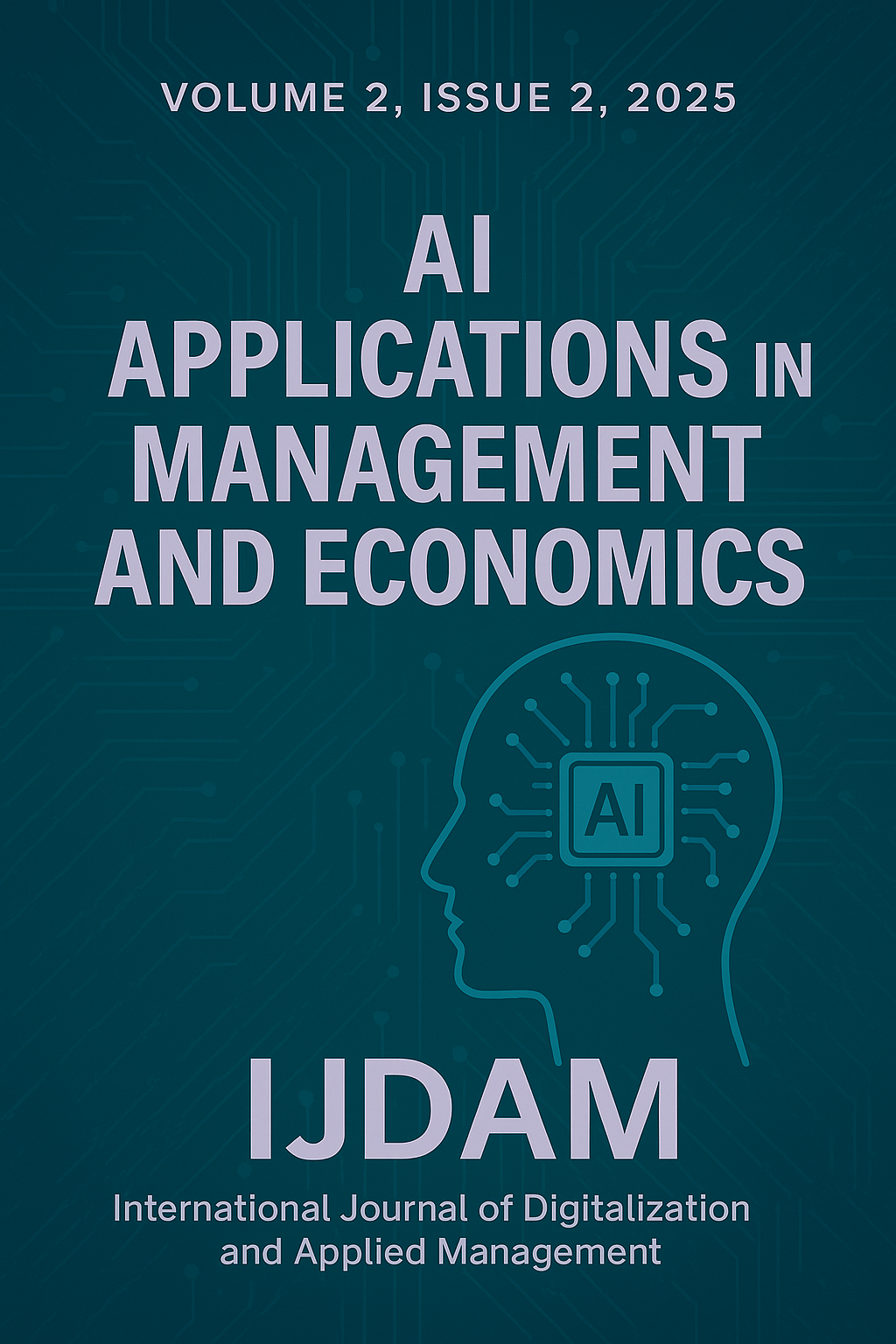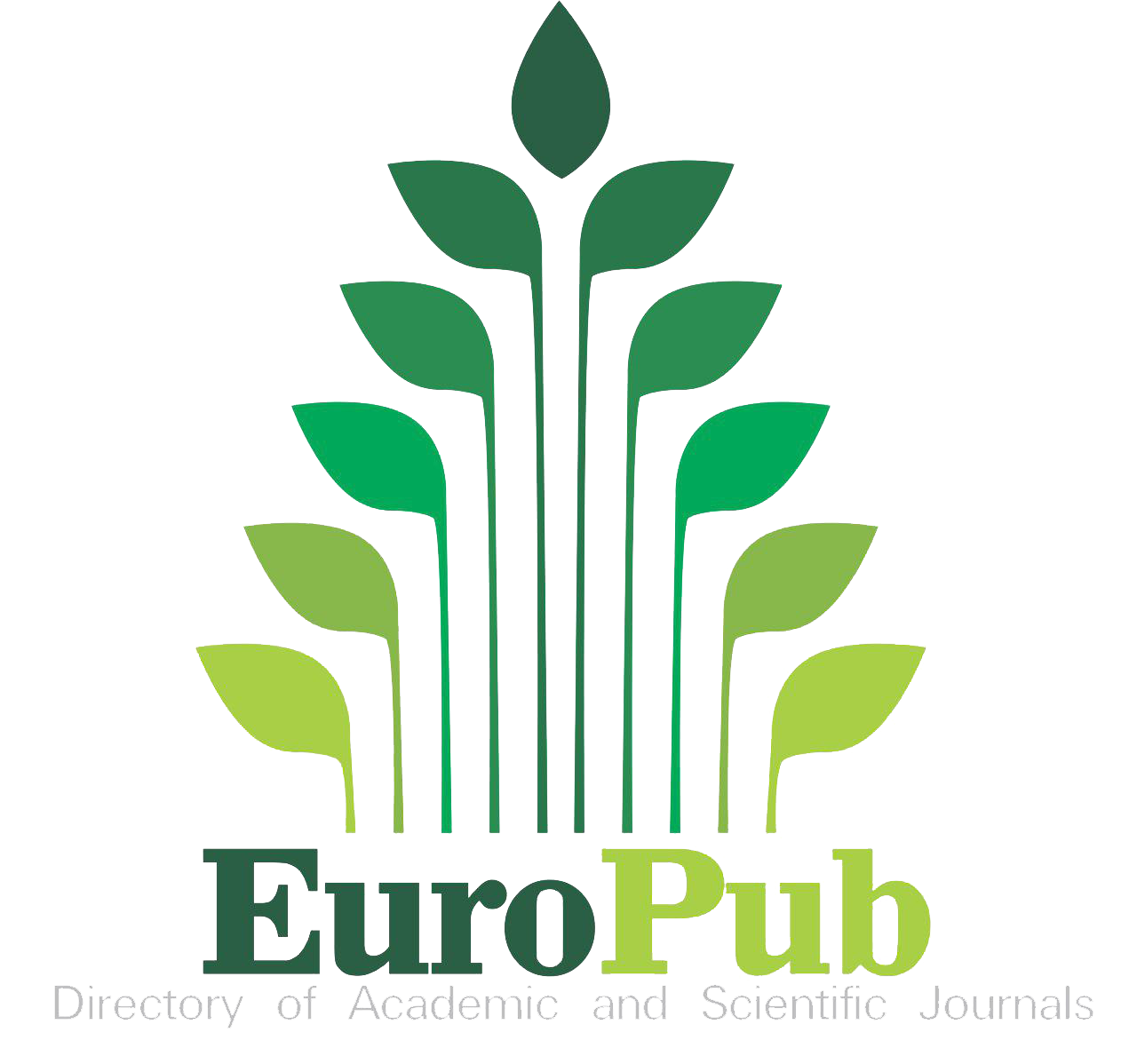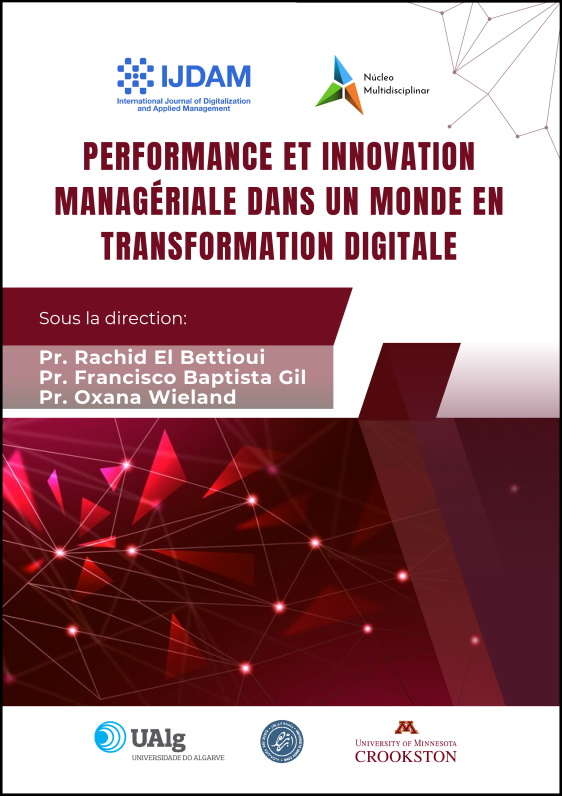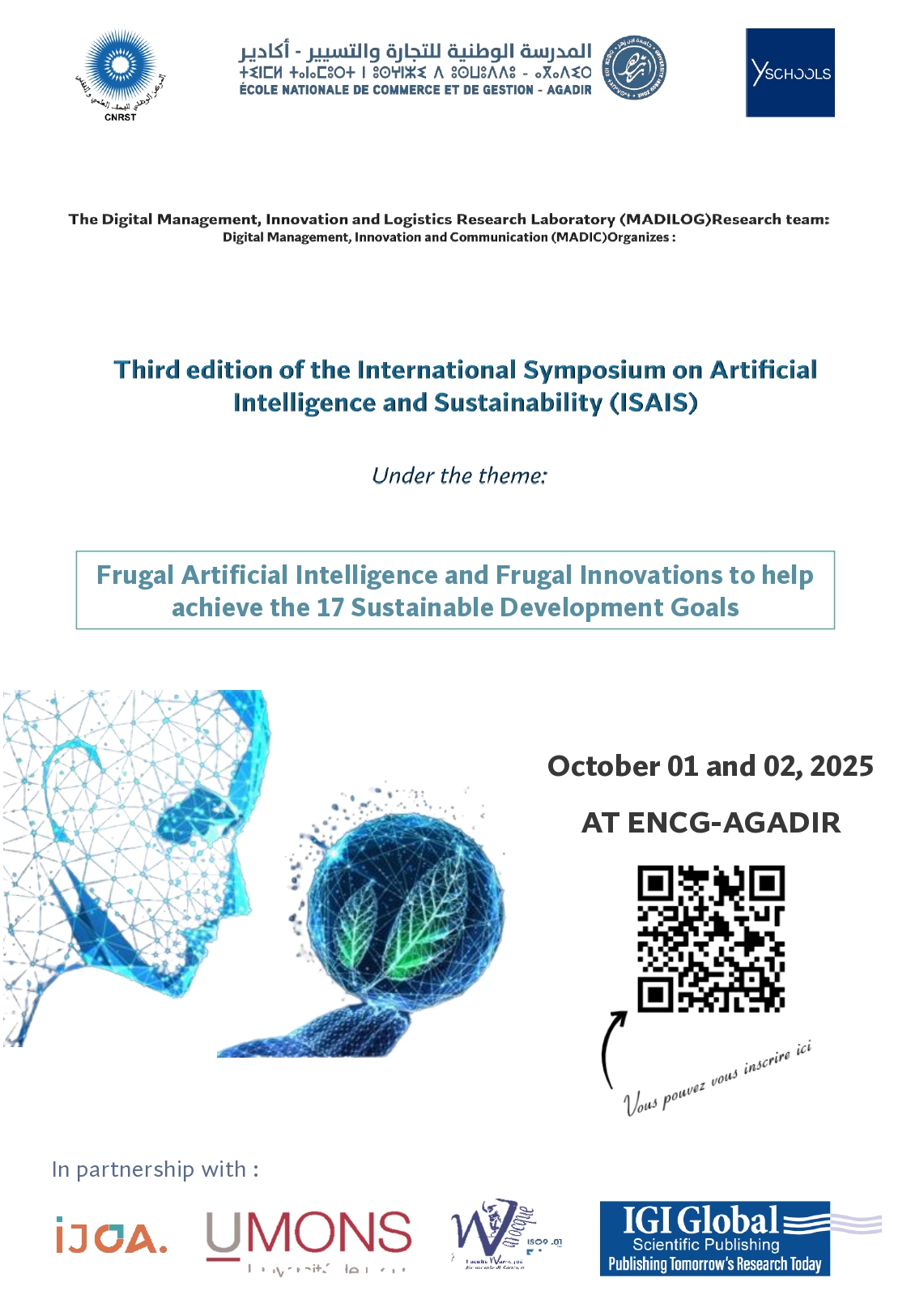The New Dynamics in Public Governance in Search of a More Inclusive and Sustainable Model
DOI:
https://doi.org/10.23882/ijdam.25202Keywords:
Public Governance, Sustainability, Resistance to Change, Sustainable Development, TransparencyAbstract
Contemporary dynamics in public governance reflect a major shift toward more participatory, transparent, and sustainable development-oriented models. A literature review reveals that traditional governance principles, which focus on administrative efficiency and hierarchy, are gradually evolving toward an approach that includes citizens, private actors, and civil society in decision-making processes. Tools such as participatory budgeting, territorial governance, and open administration exemplify efforts toward more inclusive and sustainable management. Researchers emphasize the need for strong commitment to the cultural transformation of institutions, enhanced transparency, and the development of skills suited to modern public management. In summary, while significant progress has been made, the effective implementation of sustainable and inclusive governance remains a challenge that requires a systemic and contextualized approach, backed by clear political will.
Keywords: Public Governance; Sustainability; Resistance to Change; Sustainable Development; Transparency
References
Bouckaert, G., & Van de Walle, S. (2003). Comparing Measures of Citizen Trust and User Satisfaction as Indicators of “Good Governance”.
Bovaird, T., & Löffler, E. (2009). Public Management and Governance (2nd ed.). Routledge.
Christensen, T., & Lægreid, P. (2007). Transcending New Public Management: The Transformation of Public Sector Reforms. Ashgate.
Fernandez, S., & Rainey, H. G. (2006). Managing successful organizational change in the public sector. Public Administration Review, 66(2), 168–176.
Fung, A. (2004). Empowered participation: Reinventing urban democracy. Princeton University Press
Held, D. (2016). Elements of a theory of global governance. Philosophy and Social Criticism, 42(9), 837-849
Hood, C. (1991). A Public Management for All Seasons? Public Administration.
Idalfahim, M., El Bettioui, R., Elgadrouri, R., & Elouardirhi, S. (2025). L’impact de l’économie numérique sur la croissance économique dans la région MENA : une exploration empirique. IJDAM • International Journal of Digitalization and Applied Management, 2(2), 1–12. https://doi.org/10.23882/ijdam.25185
Kooiman, J. (2003). Governing as governance. Sage Publications
Kotter, J.P. (1996). Leading Change: Why Transformation Efforts Fail. Harvard Business Review.
Mazouz, B. (2008). La performance organisationnelle et la gestion publique.
Moore, M. H. (2021). Creating Public Value: The Core Idea of Strategic Management in Government.
Organisation de coopération et de développement économiques (OCDE). (2001). La gouvernance au service du développement. Paris : OCDE.
Ostrom, E. (1990). Governing the commons: The evolution of institutions for collective action. Cambridge University Press
Pierre, J., & Peters, B. G. (2000). Governance, Politics and the State. Macmillan.
Rhodes, R. A. W. (1997). Understanding Governance: Policy Networks, Governance, Reflexivity and Accountability. Open University Press.
Sen, A. (2000). Development as freedom (1. Anchor Books ed).
Sintomer, Y., Herzberg, C., & Röcke, A. (2008). Participatory budgeting in Europe: Potentials and challenges. International Journal of Urban and Regional Research, 32(1), 164–178.
United Nations Development Programme (UNDP). (1997). Governance for Sustainable Human Development. New York: UNDP.
World Bank. (1992). Governance and Development. Washington, DC: World Bank.
Downloads
Published
How to Cite
Issue
Section
License
Copyright (c) 2025 Mouhcine HAMLIRI, Said YOUSSEF , Adil ERRACHIDI

This work is licensed under a Creative Commons Attribution-NonCommercial 4.0 International License.



 Portugal
Portugal









